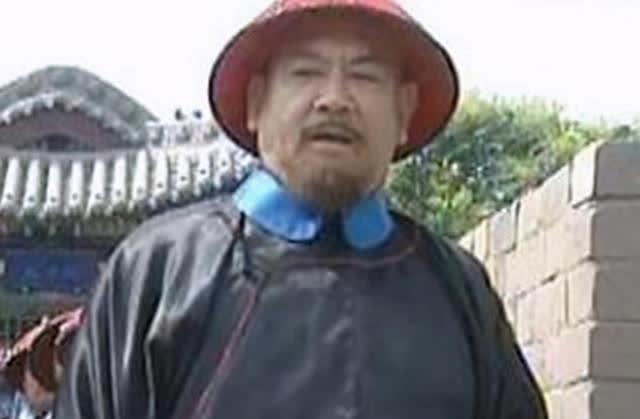Shunzhi first-class bodyguard, severely damaged Dolgun Aobai, invincible on the battlefield, why did he lose a good reputation after his death? Say who? It is said that the brave Han general during the Shunzhi and Kangxi periods of the Qing Dynasty was Wang Fuchen.

Wang Fuchen was born with great strength and was good at shooting. In his early years, he joined Li Zicheng's army, and then stationed in Datong with Jiang Ou, where he made a large mallet fierce and fierce, known as "Living Lü Bu". Jiang Ou surrendered to the Manchu Qing, and Wang Fuchen also surrendered to the Qing. Not long after, Jiang Ou raised the banner of "anti-Qing and restoration" again, and Wang Fuchen also rebelled with him. Azig, Aobai, and Dolgun successively conquered, ten swings and ten decisions, severely damaged the Qing army, the Eight Banners Army soldiers "have no one to pick their edges", it is really invincible on the battlefield, and since then it has left the prestige of "West Road Horse Harrier".
After Jiang Ou was killed by the generals, Wang Fuchen was forced to surrender again. Shunzhi cherished Wang Fuchen very much, and made him a first-class guard with a sword, and the Eight Banners disciples honored his brave name, and they were all proud to befriend the "West Road Horse Harrier". Later, Wang Fuchen went to Wu Sangui's men again, because Wu Sangui's nephew joked with him, he fell out with Wu Sangui, and Kangxi transferred him to Pingliang as the governor.
When Wu Sangui rebelled, he responded to the rebellion again, and after being suppressed by Tuhai, he surrendered again. As soon as Tu Hai died, Wang Fuchen was afraid of being punished by Kangxi, and scattered his family wealth, allowing his relatives to die with straw paper covering their faces. Wang Fuchen did not have a good reputation after his death, and Qing Shi did not even give him the title of "second minister", he was rated as a snake and rat at both ends, capricious. In fact, Wang Fuchen was not so bad, he was just brainless, a pawn used by Jiang Ou and Wu Sangui.